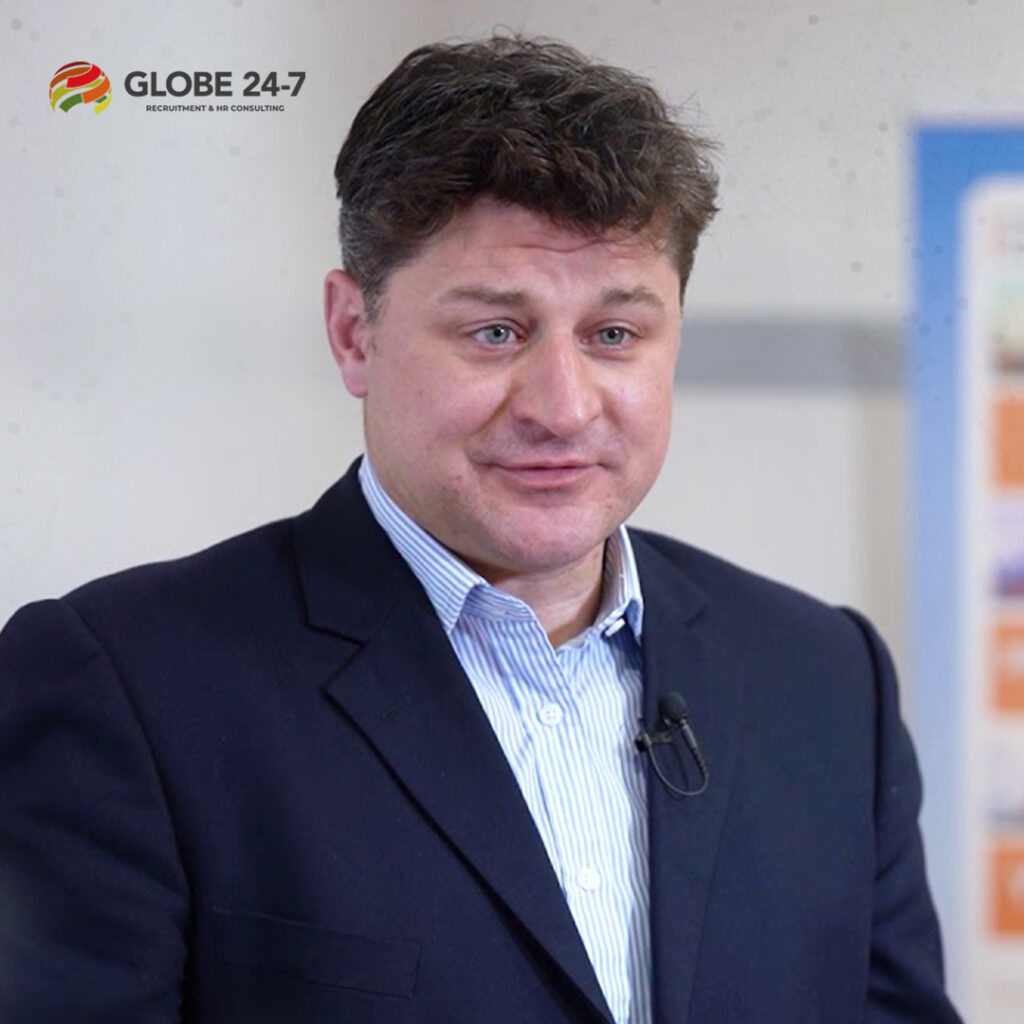1. Paloma Ortiz: How do you see the market after the COVID-19 pandemic has hit the world?
Stewart Dickson: Volatility is everywhere. Coronavirus will change many of our established norms. We would not venture a numerical estimate where prices will go from here. We note the estimate produced by S&P Global Intelligence which indicates that zinc has the potential to recover more quickly than other industrial metals.
Source: S&P Global, Overview of the Base Metals Market
Forecasting with confidence is difficult at the best of times but we see some interesting drivers to support a positive price outlook:
-
Unprecedented government stimulus to kick start industries and economies, e.g. the Fed’s open-ended and ‘whatever it takes’ approach.
-
An infrastructure-led recovery is highly probable. Large scale, job-creating infrastructure investments which consume large tonnages of galvanized metal can reasonably be anticipated.
Over time, national priorities will be recalibrated; self-sufficiency in the ability to produce metals and other critical raw materials will gain in importance. Europe is currently a net importer of zinc.
Building resilience in supply chains will gain importance.
Supply disruptions due to the COVID-crisis could be underestimated. 20 percent of zinc mines are now offline or operating at reduced capacity, according to UBS analysts. It takes time and money to re-start operations.
Brass (up to 40% zinc content) and copper with their antimicrobial properties will see demand increase for applications in hygiene sensitive industries.
Additionally, zinc has the potential to be a game-changer in the energy storage industry.
We are very confident because of our assets of brownfield assets with exploration potential with a proven operational history. We know the San Jose-Novales Mine used to work economically at much lower zinc prices; two and a half times lower than where it is today so, we think that this is reasonably robust in an uncertain environment.
Also, I think the junior mining environment is still tough unless you are a gold company. Competition for capital is still intense and becoming increasingly stock-specific, assessing the management team, quality of assets, geography, and commodity. We believe we tick a lot of boxes.
2. Paloma Ortiz: Variscan is currently focused on fast-tracking two advanced zinc projects in Spain. What is the latest coming from Spain?
Stewart Dickson: We have achieved the collation of a substantial historic dataset comprising over 39,000m of surface and underground drilling. This is invaluable as a cost-effective exploration tool and provides a head start for geological and resource modeling. The data contains several high-grade zinc intervals of potentially mineable widths. This is delivering momentum to our stated strategy of exploring the early production potential at the Novales Mine as well as delineating a significant mineral resource over the wider, prospective land package which hosts multiple historic workings. Selected fieldwork is currently able to be conducted and will continue in a cost-conscious manner, so far as practicable, whilst maintaining staff safety and compliance with Spanish Government directives regarding COVID-19.
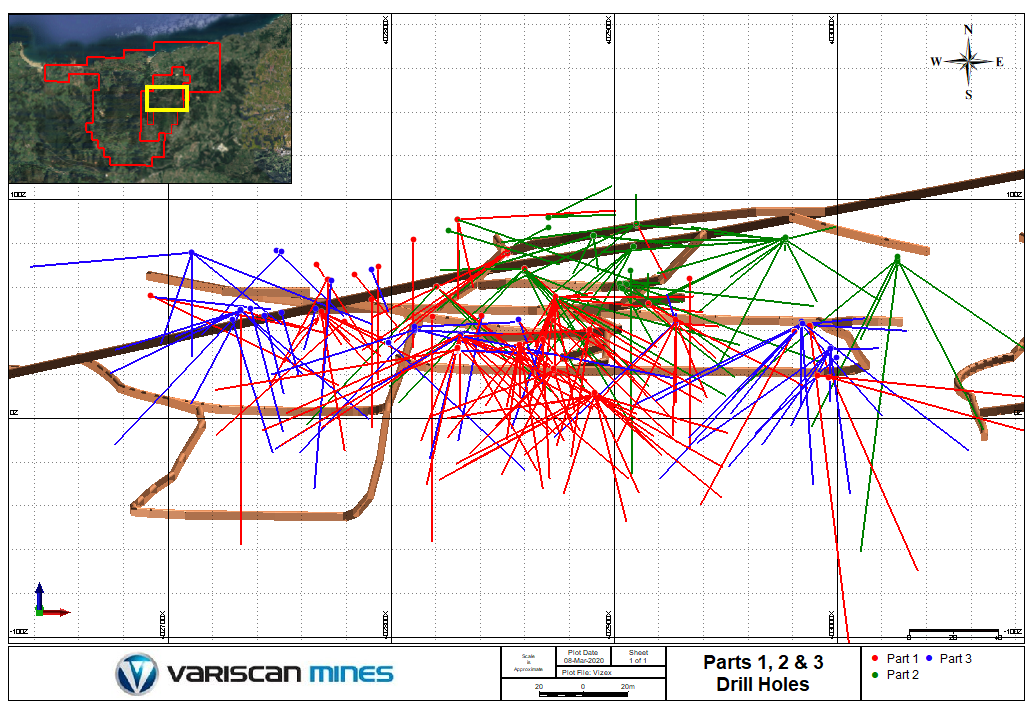
Thankfully, the Cantabria region, where the Novales-Udias Project is located, has been one of the least affected areas in Spain by Covid-19. Cases within the municipalities in which the license areas of the Novales-Udias Project are situated have been extremely low; approximately 18 cases in total. As Spain lifts restrictions, Variscan has a robust plan designed for H2 2020 to progress towards a maiden mineral resource estimate at the San Jose-Novales Mine.
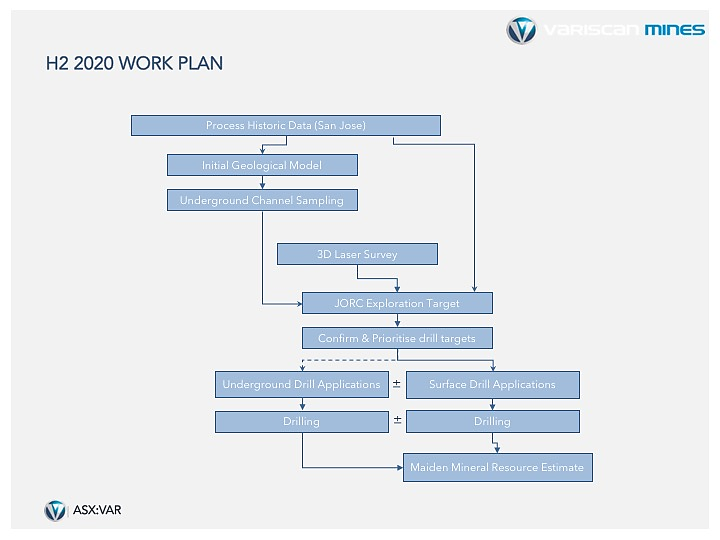
3. Paloma Ortiz: How has it been working in Spain so far and how do you think the unstable central government will impact the industry?
Stewart Dickson: We have found there to be significant political support, at all levels, for the re-establishment of the zinc mining industry in Cantabria. It is in their heritage and DNA. Due to the autonomous regions in Spain, decisions about mineral exploration and exploitation are devolved to regional governments.
The Government of Cantabria introduced a new “Land Uses Law” which provides a clear process for project development from exploration to production. This law was approved by the regional parliament on 15th May 2017 and allows exploration and mining activities without restrictions. Thereafter in 2018, the Government of Cantabria initiated a public tender process for the award of new investigation licenses. The proactive policy-making towards the mining industry and positive relationships with authorities gives us confidence as we move forward. Further, our already granted mining license significantly de-risks our stated strategic objective of early production at Novales.
4. Paloma Ortiz: What is the community/social context around Novales?
Stewart Dickson: Our project is 9km from the former producing Reocin Mine; one of the world’s largest zinc mines that has stopped production in 2003. This was an Xstrata zinc asset so that is a serious point of validation for us. It is an established mining area and it is in the DNA of the people and that means that it is a very supportive environment. Politicians are open, fair, and supportive as well. Our other neighbor is Glencore with the San Juan smelter in Asturias which is the second-largest zinc smelter globally. We are connected by an 80km highway, so it is very easy to potentially supply that smelter in the future.
The local company and full-time staff are located near the project areas and embedded in the local communities. It makes complete sense. We have an open, transparent engagement with local leaders. We have signed a Technical Memorandum and Cooperation Agreement with the School of Mines at the University of Cantabria. We hope to deepen this partnership in the future.
5. Paloma Ortiz: How is your relationship with the communities around the project?
Stewart Dickson: The importance of your social license to operate and your engagement with communities in your host nation is not only specific to Spain, it is also a priority across the globe. It is good business and it is a good business in whatever industry you are in. So, it is core to what we do.
Earlier in the year, I spent a couple of days with the local mayors explaining our activities to them and giving them opportunities to talk to me about what we are doing. We talked about why we want to do it, what they can expect, and just trying to make sure that they are partners with us.
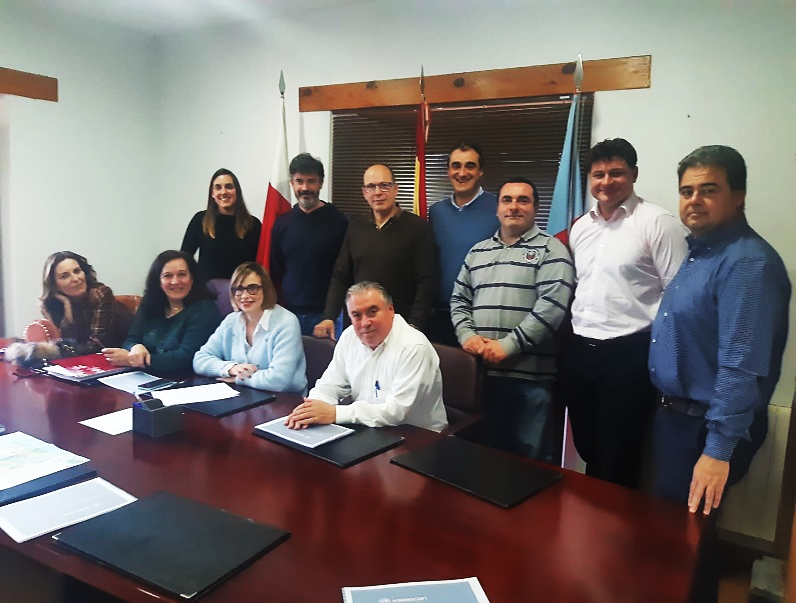
We started engaging with the communities from the beginning: we take it very seriously, one the first things we did was to sign a partnership with the School of Mines, not only for data but also for knowledge sharing. Students and staff have a real mining company to engage with, so we give them practical experience, we share knowledge and understanding and bring that from Australia into the school. We have a local Spanish family who is a shareholder as well who used to operate the mine. We have hired in former mining operatives from the mine who live and work in that community and have done all their lives and that’s key for us to beginning to explain who we are and we are trying to be very open with people.
6. Paloma Ortiz: As HR specialists we must ask you about your vision on the manpower and skills available in your project area:
Stewart Dickson: Mining is in the DNA of Cantabria, every family has had a family member that has worked in the mining industry in some description so, I find it very pleasing to drive around the region and see the rich mining heritage being celebrated.
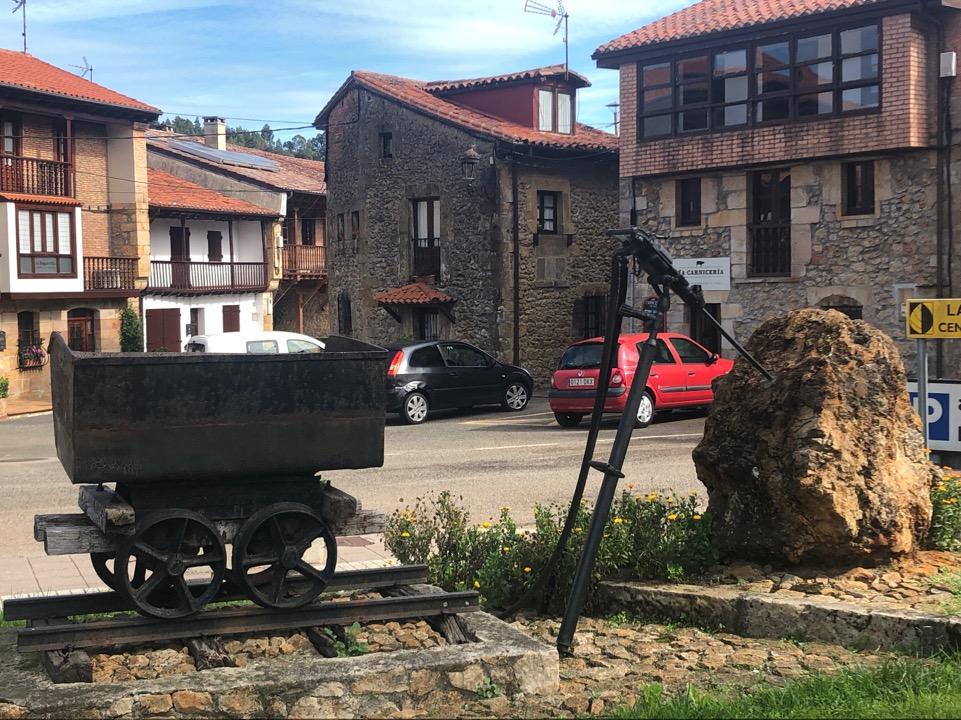
It also means there is a talent pool there, as I said I am very pleased that we have managed to retain former mineworkers and leaders that used to work in Novales. That is key not only from a technical point of view as local knowledge is fundamental but also how to get things done in the right way is super important too.
7. Paloma Ortiz: Company culture is very important in modern-day mining; what would be the main pillars for Variscan?
Stewart Dickson: I think the whole ethos we have is about openness and transparency.
Externally, that means we go and talk to people and offer the time and information to them. We guide them about what the development journey looks like and manage expectations. We also actively listen to our shareholders and stakeholders.
Internally, that means that everyone is encouraged and empowered to make a positive contribution. As a junior mining company, we need to be agile, creative, dynamic, and ‘go the extra mile’. We strongly encourage those values.
8. Paloma Ortiz: What do you expect to be the highlight of 2020?
Stewart Dickson: Hopefully, there will be lots! I am expecting to be able to drill at Novales and define mineral resources at this former high-grade underground zinc mine. I am super excited about that. Being able to get that underway and moving the project along at pace towards early production opportunities.
Please get in touch at hello@globe24-7.com to discuss further.
Globe 24-7 (Globe) has been conducting human resources consulting and search assignments for local and international mining, power and energy companies around the world for over a decade. Globe has offices in the major markets of the world to ensure consulting assignments and search campaigns are effectively managed at both site and corporate locations and has grown internationally to now service small, mid-tier and large-scale companies through its project recruitment, search, HR consulting and HR Systems divisions.
